Introduction
Android has a built-in screen recorder that makes it very simple to create recordings of what’s occurring on your screen. If you weren’t aware of this useful feature, we’ll teach you how to utilize it.
For a long time, if you wanted to record the screen of your Android smartphone, you had to utilize a third-party software. Android 11, on the other hand, included a native screen recorder feature. This is a much superior solution.
The screen recorder capability will be shown on a Google Pixel phone, although it is also accessible on Samsung Galaxy and other Android 11+ smartphones.
First, if it isn’t already there, we’ll need to add the “Screen Record” tile to the Quick Settings. To alter the tile arrangement, swipe down twice from the top of your device’s screen and hit the pencil symbol. Tap the three-dot menu symbol on a Samsung phone and choose “Edit Buttons.”
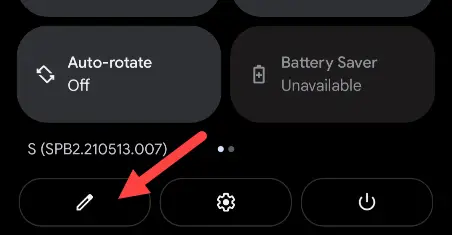
The tiles at the top are in the Quick Settings section (this is flipped on a Samsung phone). Tap and hold the “Screen Record” tile, then drag it to the top area. Drop the tile by lifting your finger.
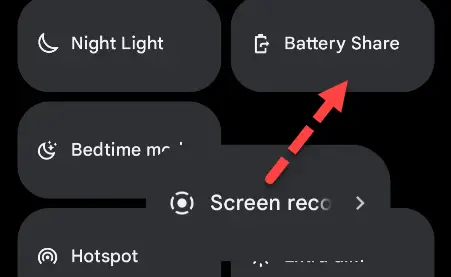
When you’re finished, click the back arrow in the top-left corner.

We can now utilize the screen recorder now. First, go to the screen you wish to record, then drag down the Quick Settings menu once again. Then, choose the “Screen Record” tile.
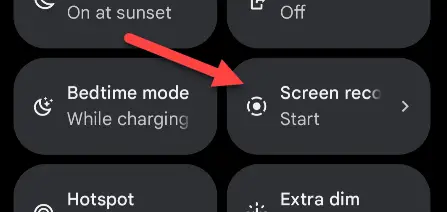
Next, you may choose whether or not to capture audio (tap the down arrow to choose media, microphone, or both) and display your touches on the screen.
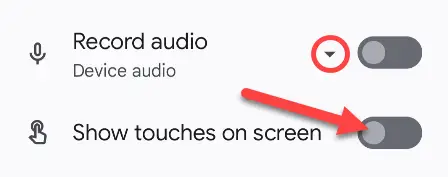
When you’re ready, tap “Start,” and a countdown will display.
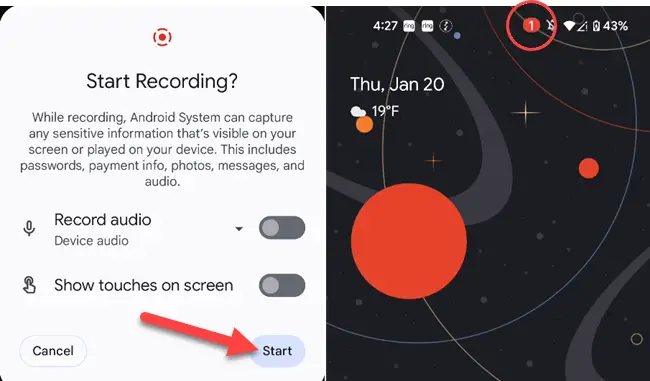
When you’re finished, swipe down from the top of the screen to see the alerts and press “Stop” on the screen recorder.
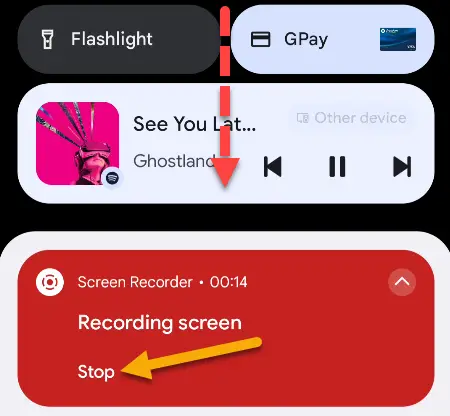
That’s all! The recording will be stored to your device’s “Movies” or “Screen Recordings” folder. It’s incredibly convenient to be able to accomplish this without the need of any third-party software. It’s encouraging to see this become a standard feature in more OS systems.

